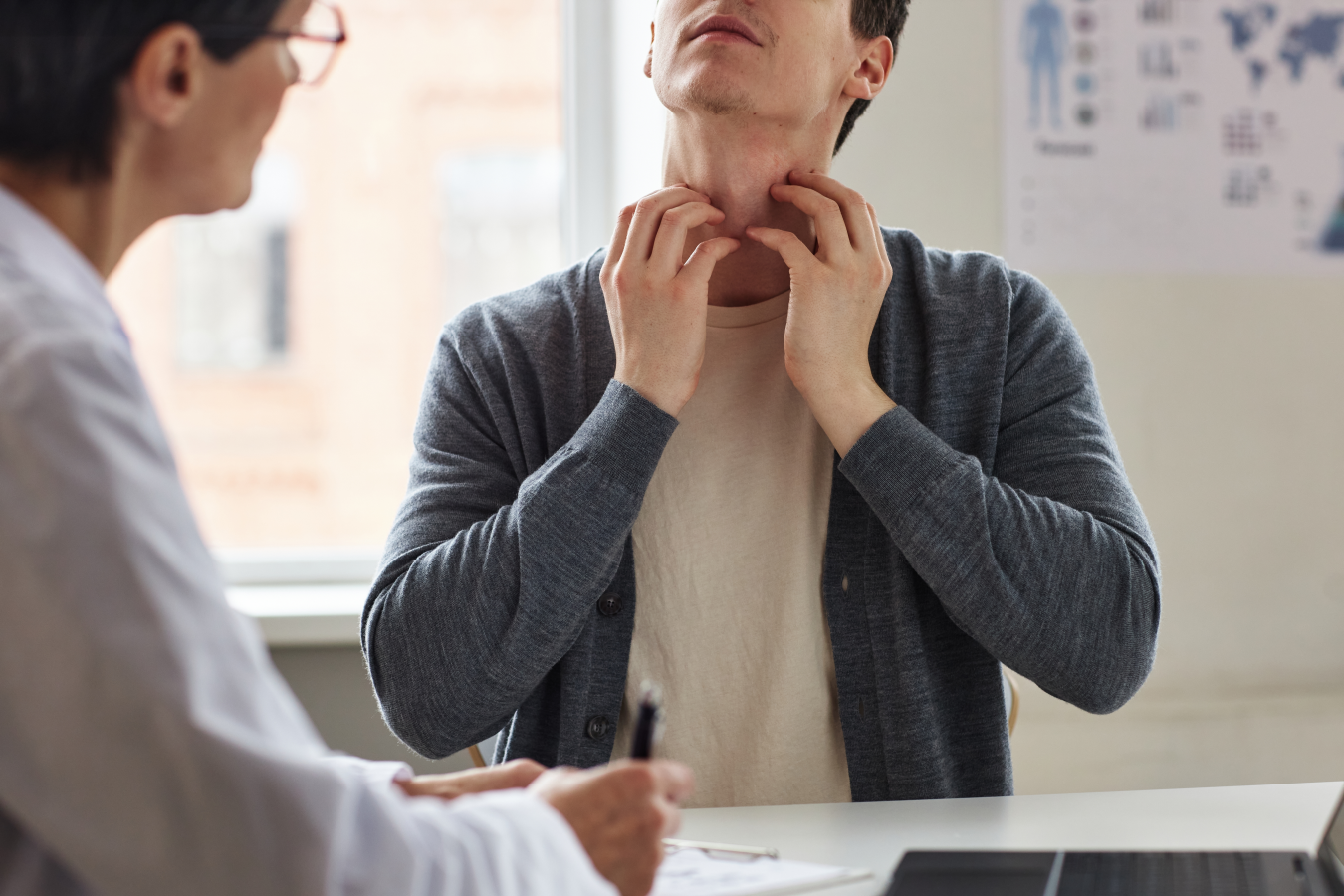An article published by the BBC acknowledges that scientists believe that we evolved to feel itchy as a way of eliminating parasites, lice, and mites from our body, preventing any infestation. “There is evidence that scratching offers some protection against infections,” the international media quotes.
Ana Maribel Champet Lima, a doctor specializing in internal medicine and dermatologist, explains that itching or itching could exist for many reasons, these skin problems are a manifestation of something that is not right, “there is something that is harming me, whether it is environmental or internal,” explains the doctor.
You should see a doctor if something causes excessive itching, does not go away for at least two weeks, and appears on different parts of the body. Many people find relief with self-care methods, such as using moisturizers, mild soaps, and warm baths, but if the discomfort of scratching persists, it is best to seek help.
The Mayo Clinic website reports that itchy skin is often caused by dryness. For example, it is a common condition in older adults, as skin tends to become drier with age.
There are other causes of itching, the skin may look normal or be inflamed, rough, or bumpy. Problems with repeated scratching include that it can cause thickened, raised areas of skin that may bleed and even become infected.
What causes itchy skin?
To alleviate this condition in the long term, it is necessary to identify and treat the cause of the itching. “Some allergies are not limited to the skin but also to the respiratory and digestive system; symptoms such as sneezing, nasal congestion, breathing difficulties, and diarrhea appear… the body’s balance is altered and for some, it can even be life-threatening,” explains Champet Lima.
If a person does not sleep well because of itching and other discomfort, they will be tired during the day, will not perform as well, and will affect their immune system, says Champet Lima.
When going to the doctor, a diagnosis will be sought. The patient’s history is important, with in-depth questioning to find out what happened from the moment they got up, the temperature of the water they bathed in, their diet, and what they do for a living. “Even the region of Guatemala where they live is an important detail,” says Champet Lima.
One of the specialist’s recommendations is to keep a diary to share with the doctor and help establish the cause of the reactions. This will be complemented with other tests that are suggested, depending on the condition. The MSD manual explains that when itching is accompanied by skin lesions with unknown causes, it may be appropriate to perform a biopsy.

In addition to allergies, skin diseases such as dermatitis or psoriasis can also be a symptom of an underlying disease such as liver or kidney disease; they are also related to itching, anemia, diabetes, thyroid problems, and even certain types of cancer.
Among the reasons, nervous system disorders such as multiple sclerosis, shingles, anxiety, or depression cannot be left out.
The treatment will depend on the cause. For allergies, common treatments are medicated creams, wet dressings, and oral anti-itch medications. In addition, those affected also need to have a healthy lifestyle that includes a healthy diet, exercise, and hydration, says Champet Lima.
“Some patients tell me that they only eat coffee and bread for breakfast, they eat junk food for lunch, they don’t drink water and they eat dinner late because they are tired, but this lifestyle doesn’t help their recovery, and poorly managed emotional stress also makes it slower,” adds the dermatologist.
What to avoid during allergy?
In addition to medical treatment, the following actions may improve the condition.
- Use neutral soaps for bathing and only use antibacterial soaps on medical advice.
- Do not bathe with very hot water and do so for short periods.
- Strong skin is built through food. Eat good fats such as fish, nuts, avocado, olive oil and others. Avoid processed or greasy foods.
- Exercise ensures that circulation improves and will aid in the healing process.
- Wear special clothing, respiratory protection, and gloves when in contact with chemicals.
- Seek relaxation therapies to avoid falling into stress that affects your skin.
- Consult with your doctor about the type of sunscreen or creams you use in your daily life.






















+ There are no comments
Add yours